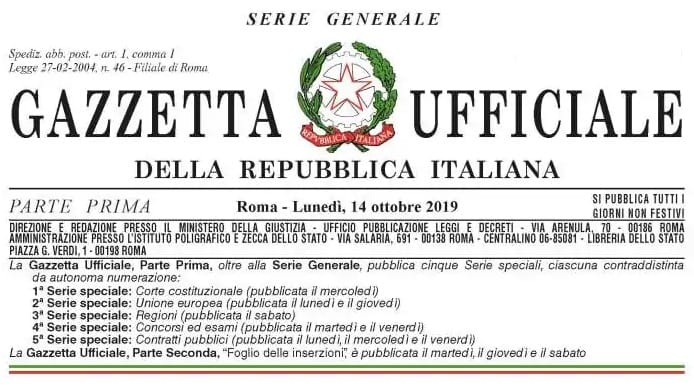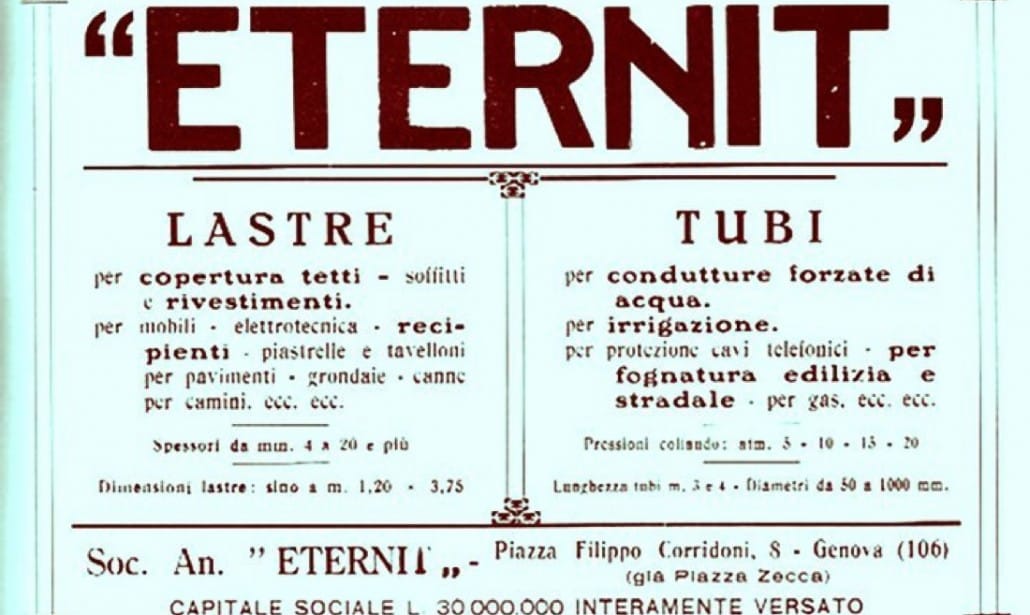La sentenza della Corte costituzionale sul caso Regeni. Processo in absentia per i crimini di tortura di Stato
in Giurisprudenza Penale Web, 2023, 11 – ISSN 2499-846X

Corte Costituzionale, 26 ottobre 2023, sentenza n. 192
Presidente Sciarra, Relatore Petitti
La recente sentenza della Corte costituzionale n. 192/2023 sul caso Regeni è estremamente importante perché aggiunge alle ipotesi, in cui è possibile procedere in absentia dell’imputato ai sensi dell’articolo 420 bis del codice di procedura penale, anche il caso in cui si è in presenza di atti di “tortura di Stato” (Convenzione contro la tortura, art. 1, co. 1) ed è impossibile avere la prova che l’imputato, pur consapevole del procedimento, sia a conoscenza della pendenza del processo. Resta ovviamente salvo il diritto dell’imputato a un nuovo processo ai sensi dell’articolo 9 della direttiva europea 2016/343.
È lecito chiedersi se la sentenza, nel suo contenuto additivo, anche se del tutto eccezionale, operi un corretto bilanciamento tra diritto fondamentale dell’imputato di presenziare al processo e diritto della vittima e dell’intera società al perseguimento di crimini gravissimi quali gli atti di tortura in questione.
Stante i limiti stringenti cui la Corte condiziona l’ipotesi aggiuntiva (limite oggettivo, limite soggettivo, diritto a un nuovo processo e inversione dell’onere della prova), ci sembra di poter rispondere che il bilanciamento è stato operato dalla Corte nel pieno rispetto del principio di ragionevolezza.
***
The recent decision of the Constitutional Court n. 192/2023 on the Regeni case is extremely important because it introduces an additional hypothesis, in which it is possible to proceed in absence of the accused pursuant to article 420 bis of the criminal procedure code, where there are acts of ” State torture” (Convention against torture, art. 1, par. 1) and it is impossible to have proof that the accused, although aware of the proceedings, is aware of the pending trial. Obviously, the accused’s right to a new trial pursuant to article 9 of European Directive 2016/343 remains unaffected.
It is legitimate to ask whether the decision, in its additive content, even if completely exceptional, strikes a correct balance between the fundamental right of the accused to be present at the trial and the right of the victim and of the entire society to prosecute very serious crimes such as acts of torture in question.
Given the stringent conditions applied by the Court to this additional case (objective limit, subjective limit, right to a new trial and reversal of the burden of proof), we believe we can respond that the balancing was carried out by the Court in full compliance with the principle of reasonableness.
Come citare il contributo in una bibliografia:
M. R. Donnarumma, La sentenza della Corte costituzionale sul caso Regeni. Processo in absentia per i crimini di tortura di Stato, in Giurisprudenza Penale Web, 2023, 11








